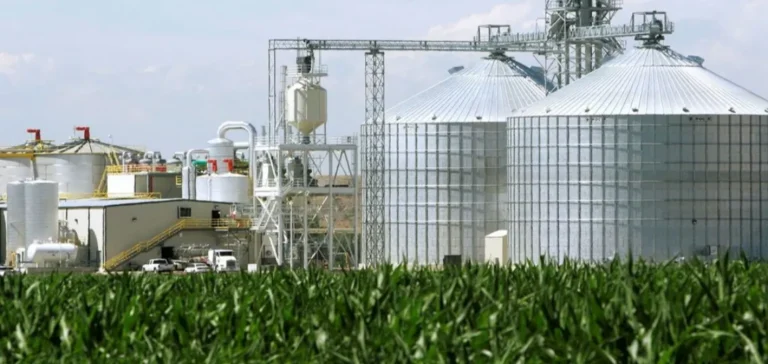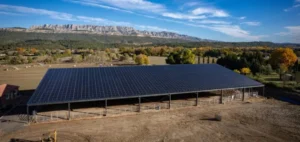India could leverage its surplus ethanol volumes to supply the sustainable aviation fuel (SAF) market, but regulatory uncertainty surrounding feedstocks such as heavy molasses and sugar syrup is hindering national ambitions. According to Atul Mulay, president of bioenergy at Praj Industries, blending rates of 10% to 12% are technically feasible if the government lifts current constraints.
Industry data shows that, as of 2025, approximately 61% of India’s ethanol comes from B-heavy molasses, 20% from sugar syrup and only 2% from C-heavy molasses. These figures highlight a high dependency on feedstocks subject to ad hoc restrictions during sugar supply shortages, complicating the establishment of a supply chain that meets international standards such as the ISCC CORSIA certification, required for SAF exports.
The Brazilian model as reference
Brazil has secured multiple major certifications for its sugarcane-based ethanol, contrasting with India’s lack of progress. Raízen obtained the ISCC CORSIA Plus certification in 2023, while São Martinho followed in 2024 with a Low Land Use Change Risk certification. Brazil’s ProBioQAV programme mandates SAF blending rates starting at 1% in 2027 and increasing to 10% by 2037, offering industrial players clear regulatory visibility.
India, by contrast, does not currently have any commercial-scale alcohol-to-jet (AtJ) conversion units, despite pilot projects underway. Industry estimates suggest that commissioning a commercial facility takes approximately three and a half years, making commercial volumes unlikely before 2030, even if policies are finalised in FY2026.
UCO market volatility and ethanol’s competitive edge
The rise in used cooking oil (UCO) prices, a key feedstock for HEFA (Hydroprocessed Esters and Fatty Acids)-based SAF, presents an additional challenge. Prices have reached INR210/litre, compared to INR65–70/litre at the start of operations, according to available data. In comparison, ethanol remains a more stable feedstock in terms of both availability and cost.
Platts data shows UCO FOB North Asia prices reached $1,135/tonne, while UCO FOB Straits stood at $1,125/tonne, the highest since September 2022. This increase is driven by demand from US and Chinese buyers, though uncertainties remain due to regulatory delays and scheduled maintenance at production sites.
Rapid progress on ethanol blending
India’s ethanol blending programme has advanced rapidly, reaching nearly 20% in April 2025, up from 12% in the previous fiscal year. This development has saved over INR1.26tn ($15bn) in crude oil imports and generated INR1.07tn ($13bn) in additional income for farmers, according to official data.
However, without clear policy guidance on approved feedstocks or investments in large-scale AtJ infrastructure, India remains strategically vulnerable. “India has abundant ethanol and a lower carbon intensity compared to global peers,” said Mulay. “But unless feedstock and certification issues are resolved, we risk falling behind Brazil in accessing this market.”






















